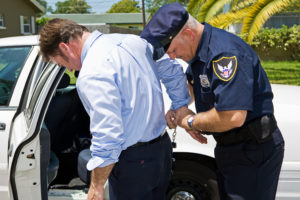Poor Communication:
Lack of timely and clear communication can be a red flag. If your lawyer fails to return calls or emails promptly, doesn't keep you informed about the progress of your case, or doesn't explain legal terms and strategies in a way you can understand, it might be a sign of incompetence.
Lack of Experience:
Inexperienced lawyers may struggle to navigate the complexities of criminal law. Check your attorney's background, years of experience, and success in handling cases similar to yours.
Unfamiliarity with Local Laws and Courts:
A lawyer who is not familiar with local laws and court procedures may hinder your defense. Knowledge of the specific jurisdiction and the local legal system is essential for effective representation.
Missed Deadlines:
Missing filing deadlines, court appearances, or failing to submit necessary documents can be detrimental to your case. A competent defense attorney should be organized and punctual.
Lack of Preparation:
A bad defense lawyer may appear unprepared during court proceedings, lacking a thorough understanding of the case details or not having a well-thought-out strategy.
Overpromising:
If your lawyer makes unrealistic promises or guarantees specific outcomes, it could be a sign of incompetence. Legal outcomes are often uncertain, and ethical lawyers avoid making promises they can't keep.
Poor Negotiation Skills:
Negotiation skills are crucial in criminal defense to secure favorable plea deals or reduced charges. If your attorney struggles in negotiations, it may negatively impact the outcome of your case.
Lack of Client Advocacy:
A good defense lawyer should fiercely advocate for your rights and interests. If you feel your attorney is not putting forth the necessary effort to defend you, it could be a warning sign.
Ethical Concerns:
Any hint of unethical behavior, such as dishonesty, conflicts of interest, or breach of confidentiality, should be taken seriously. It can damage your case and the attorney's reputation.
Financial Transparency Issues:
A lack of transparency regarding fees and expenses can be problematic. Your attorney should clearly explain their fee structure and provide regular updates on how your retainer is being used.
If you observe several of these signs, it might be worth considering a change in legal representation. Keep in mind that a consultation with another attorney can provide valuable insight into the adequacy of your current defense.

.jpg)



.jpg)